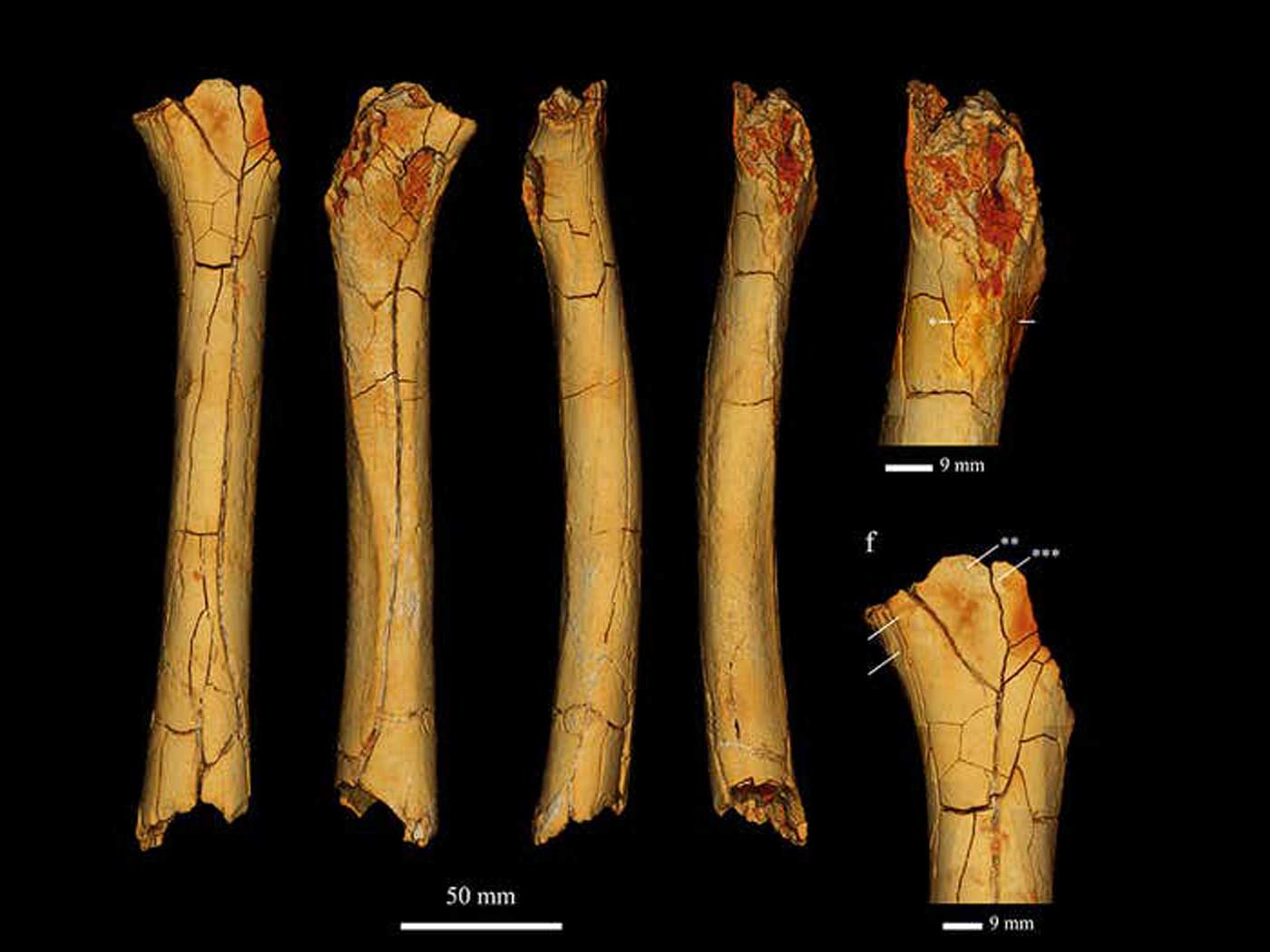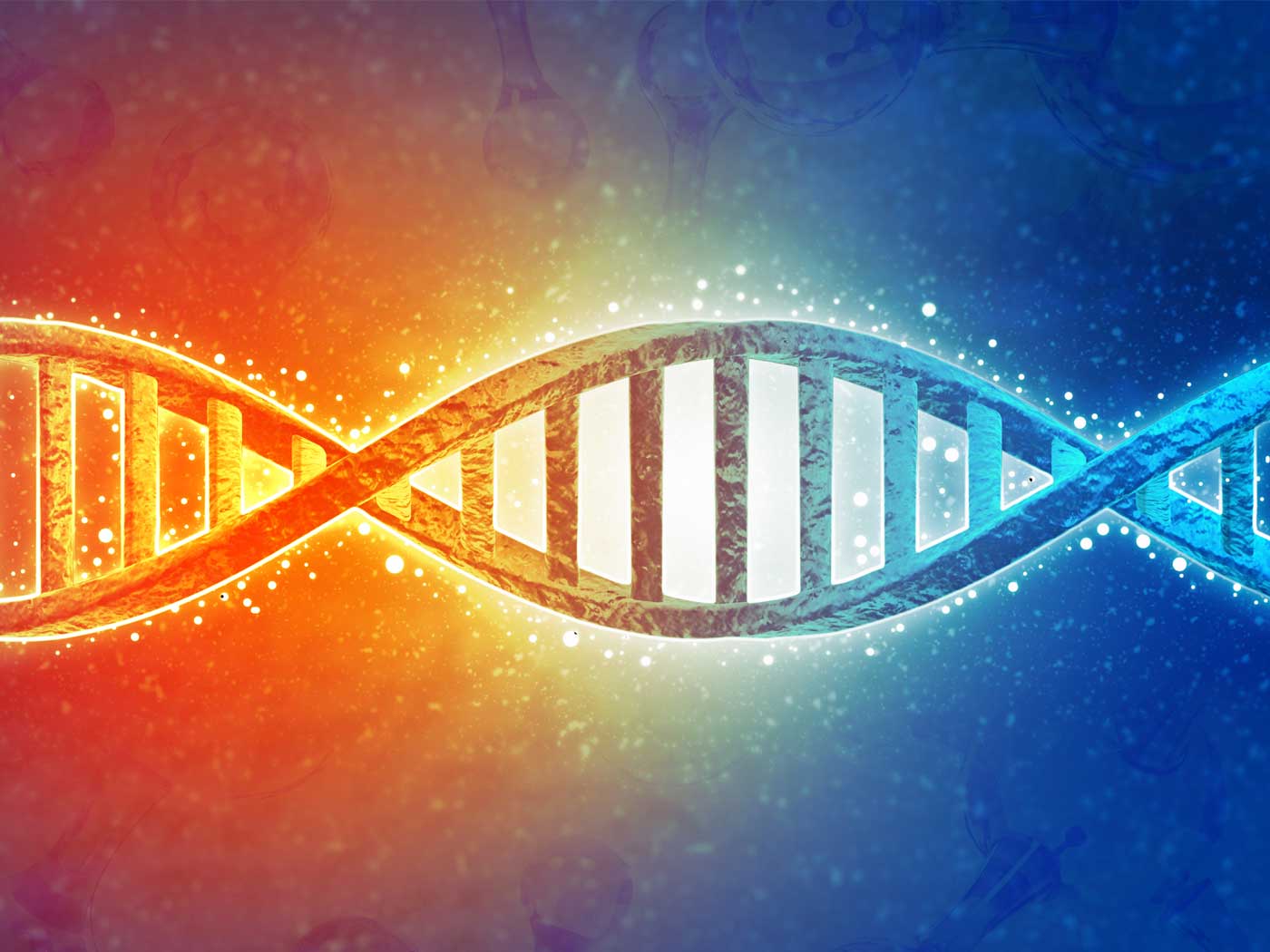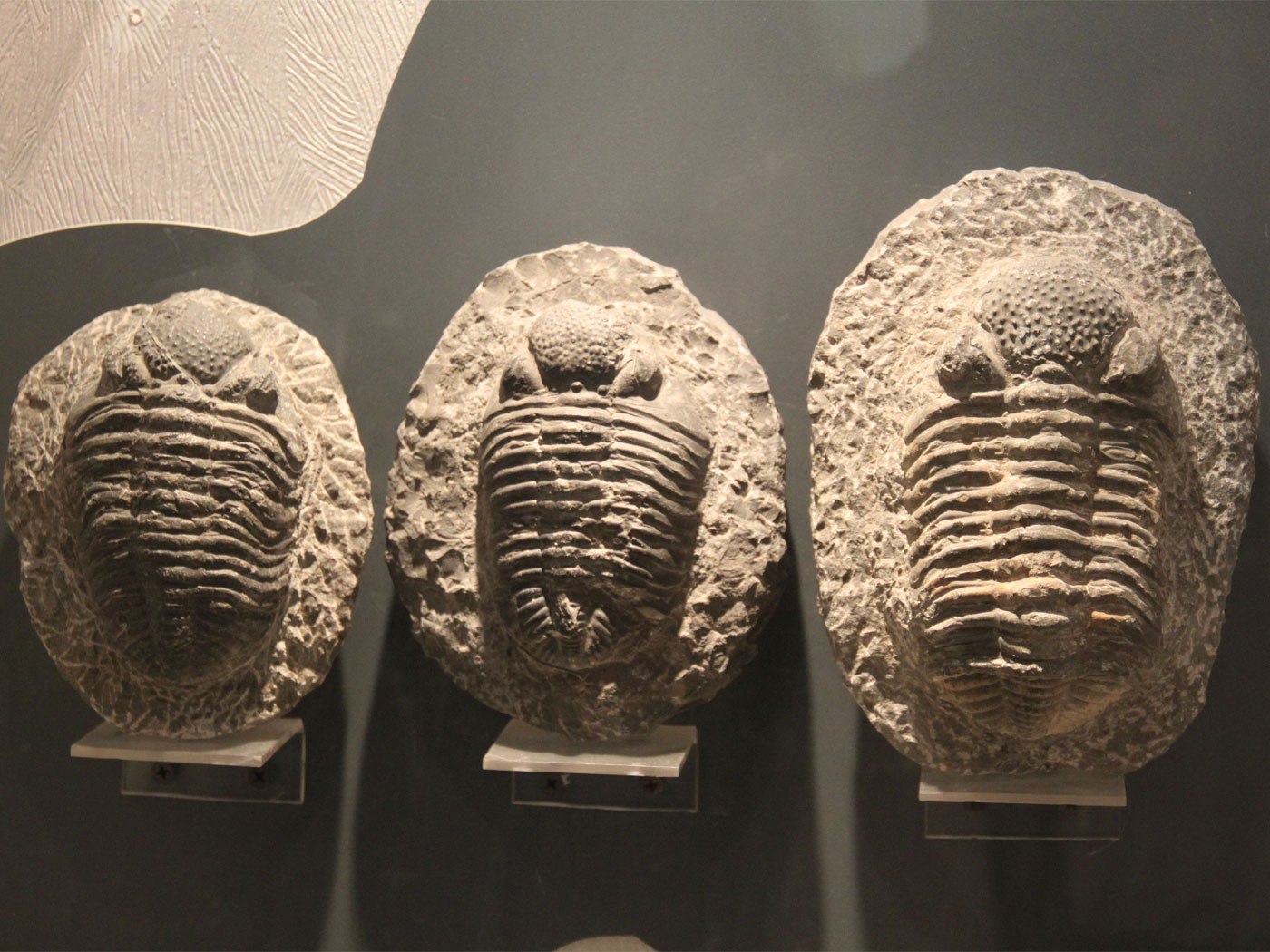New research adds to an ever-lengthening stream of discoveries that confirm exactly what a Bible-believing scientist would expect—humans are distinct from chimpanzees. They should be, if they were created in the image of God, not as an imaginary pre-human primate. The study, published in American Journal of Human Genetics, investigated DNA methylation patterning in human and chimpanzee brains.1 Two observations from this research support the biblical origins of mankind.
In a process called methylation, cell systems add methyl groups to some regions of chromosomes. DNA methylation patterns are different in brain cells than they are in muscle cells, for example, and they differ between individuals and species. They do not change the genetic code, but they regulate some genetic functions. Therefore, they comprise a level of information separate from the genetic code. Studies show that they provide critical regulation of the activity of DNA-manipulating enzymes both during embryonic development and during the daily life of adult cells. When methylation patterns are errant, they cause gene malfunction and can lead to disease. Some types of abnormal methylation patterns are lethal.
The researchers used a new technique to peer in unprecedented detail at the methylation patterns of human and chimp DNA that they harvested from brain tissue of three cadavers of each species. They compared only those DNA sequences already known to have basically the same genes, ignoring the vast majority of DNA. If humans and chimps are close relatives, then they should have similar DNA methylation patterns in the areas of chromosomes that they have in common such as similar gene sequences.2 However, this team found major differences.
In particular, human and chimp DNA methylation patterns, called "methylomes," were very different between the two species’ brain tissue. The data statistically indicated that "major principal components separate humans and chimpanzees," according to their report in American Journal of Human Genetics.1,3
A second observation is that the very genes that were differently methylated "exhibit striking associations with several disorders, including neurological and psychological disorders and cancers."1 These data show that methylation patterns in many cases can tolerate very little disruption, thus presenting another impossible hurdle for the evolutionary model to overcome.
If humans evolved from chimpanzee-like creatures, then some unknown evolutionary process must have altered their methylomes. But since methylomes apparently cannot tolerate that much alteration, then the evolutionary story must be in error.
Human and chimp species-specific and irreducibly complex methylomes refute human evolution. On the other hand, the origin of mankind as a special creation of an omnipotent and loving kind Creator who made man after His likeness is consistent with the newly described uniquely human methylome.
References
- Zeng, J. et al. 2012. Divergent whole-genome methylation maps of human and chimpanzee brains reveal epigenetic basis of human regulatory evolution. American Journal of Human Genetics. 91 (3):455-465.
- Human and chimp DNA sequences are overall much more different than widely held. See Tomkins, J. 2011. Evaluating the Human-Chimp DNA Myth—New Research Data. Acts & Facts. 40 (10): 6; and Tomkins, J. and B. Thomas. 2010. New Chromosome Research Undermines Human-Chimp Similarity Claims. Acts & Facts. 39 (4): 4-5.
- Specifically, 474 homologous genes that were either heavily methylated or weakly methylated in one species was just the opposite in the other species. Similarly, 468 gene promoters in human were significantly less methylated than the same gene promoter regions in chimpanzees.
* Mr. Thomas is Science Writer at the Institute for Creation Research.
Article posted on October 5, 2012.
























